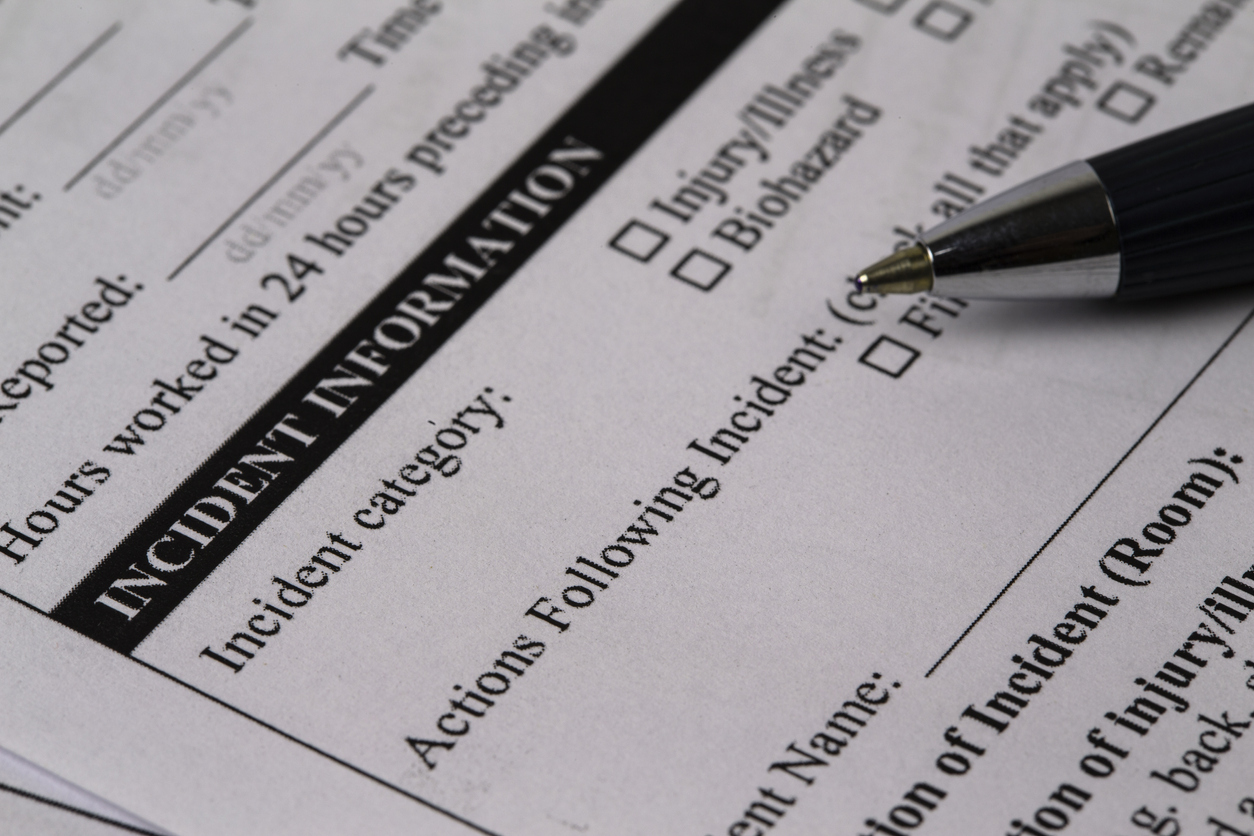What Is an Incident and Crisis Report? – How to Write a Report
What Is an Incident and Crisis Report? – How to Write a Report
When something goes wrong, it can feel like the worst moment of your life. Your heart starts racing and your mind feels foggy. You probably want to crawl under a rock and never come out again. But that’s the time when you need to keep your head up and think clearly. How else will you be able to document what happened and take action to prevent it from happening again? You might not realize it, but documenting incidents is an essential part of risk management as well as good safety practice in any business, large or small. An incident report is a document where you record all relevant details regarding an incident that has occurred in your workplace. It is essentially a written note of everything that happened during the incident, allowing you or anyone else reading it later to understand what took place. Read on to learn more about incident and crisis reports, their purpose, who should create them and when they should be created.
What is an incident?
An incident is any problem or occurrence that disrupts the normal processes of an organization. It is a sudden event that demands a quick response from an organization. It could be an accident, such as a spill or equipment failure; it could be a security breach or a sudden issue that needs addressing. Whenever something unexpected happens or an event happens that needs immediate attention, it is an incident. The most important thing about incidents is that they are unforeseen events. Incidents can be caused due to a variety of reasons, such as human error, equipment failure, natural calamities, etc. Incidents can generate a great deal of panic and put people in danger. In order to handle the situation and make sure that there is minimal damage, it is important to handle the incident effectively. Incident reports are a great way to document what happened, why it happened, what was done to fix it and how it can be prevented in the future.
Why are incident and crisis reports created?
The purpose of incident and crisis reports is to create a written record of events for future reference. It could be a written record of an accident, an investigation, a near miss, or a problem in the production or service process. An incident report is a documentation of the problem, its resolution, as well as the cause. The report is a helpful resource for those involved in the investigation or follow-up action. It is also a useful future reference for others who may need to understand or address the issue in the future. The report is a written record of the incident or crisis, so that those involved or responsible for resolving the issue can have a clear understanding of what took place and how it was resolved.
Who should write an incident/crisis report?
Anyone who is involved in the incident can write the report. However, the person who is best placed to write it is the person who is in charge at that particular moment. This can be the supervisor, the shift foreman, or the team lead on the floor. Whoever is in charge at the time the incident takes place should write it down. This person should be someone who is available and can write concisely. There are certain individuals at the workplace who are responsible for documenting and using the reports. Workers who are in charge of first aid, occupational health and safety, and maintenance departments write incident reports as a part of their job.
When should an incident or crisis report be created?
Any time something goes wrong in your business and you feel it is necessary to write it down, you should create an incident report. From the moment you start operating your business, you should have an incident report form or process in place. There are several situations in which you should create an incident report, like during any equipment malfunction, when there is a change in the production process, or during a quality control audit. You should also create an incident report when any dangerous or hazardous situation arises at work, such as when employees are getting injured, when a machine malfunctions and causes damage to the equipment, or when a chemical spill takes place.
How to write an effective crisis and incident report?
When creating an incident report, you should follow these five steps: – Identify the problem – What is it that has happened or is happening? What is the problem? – Document the source of the problem – Where did it come from? Why did it happen? – Identify the people involved – Who was there at that time? – Establish the details – What are the facts of the situation? What is the timeline of the incident? – Recommend a solution – What do you think should be done to solve the problem?
Conclusion
An incident report is a record of a troubling event that occurred in the workplace. It is a written record of the event, the cause, and the result. An incident report is important because it can be used to improve safety, quality, and risk management in your business. Incidents are inevitable in any workplace, but documenting them can help prevent them from happening again. An incident report can be used to identify problems, create solutions, and improve your business.








LEAVE A COMMENT
You must be logged in to post a comment.